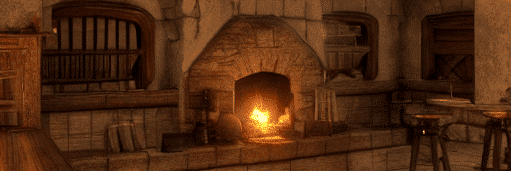
Fire has always been an essential part of human existence.
From cooking food to keeping warm, fire played a crucial role in the survival and evolution of our species.
It’s no surprise that many ancient civilizations had gods associated with this element.
In this blog post, we will explore the world of fire gods and their significance in mythology and religion.
One of the most famous fire gods is Vulcan, who was worshipped by the Romans as the god of fire, metalworking, and craftsmanship.

He was often depicted with a hammer and tongs, symbolizing his skills in shaping metals.
According to legend, Vulcan was the son of Jupiter and Juno and was born crippled.
His mother tried to throw him off Mount Olympus, but he was saved by the gods and went on to become one of the most respected deities in Rome.
In Greek mythology, there were also several fire gods, including Prometheus, who stole fire from Zeus and gave it to humans; and Hephaestus, the god of blacksmiths and craftsmen, who was often associated with volcanoes and earthquakes.

Other cultures have their own versions of fire gods, such as Agni in Hinduism, who is considered the messenger between humans and the gods, and Xiuhtecuhtli in Aztec mythology, who was the patron god of fire and lightning.
The role of fire in mythology and religion is vast and varied.

In some traditions, it represents purification and transformation, while in others it signifies destruction and chaos.
For example, in Zoroastrianism, fire is seen as a symbol of goodness and righteousness, whereas in Christianity, hellfire is often used as a punishment for sinners.
Regardless of its connotations, fire remains a powerful and captivating force that continues to fascinate us today.
When comparing different fire gods across cultures, we can see similarities and differences in their characteristics and roles.
Some are associated with creation, while others represent destruction or judgment.

However, they all share common traits, such as strength, power, and dominance over the elements. They also reflect the importance of fire in human history and the impact it had on our development.
Fire gods have played a significant role in mythology and religion throughout history.
Whether they represented creativity or destruction, these deities continue to inspire and intrigue us today.

The next time you look into a campfire or watch a sunset, take a moment to appreciate the beauty and power of fire and the legacy it left behind.

